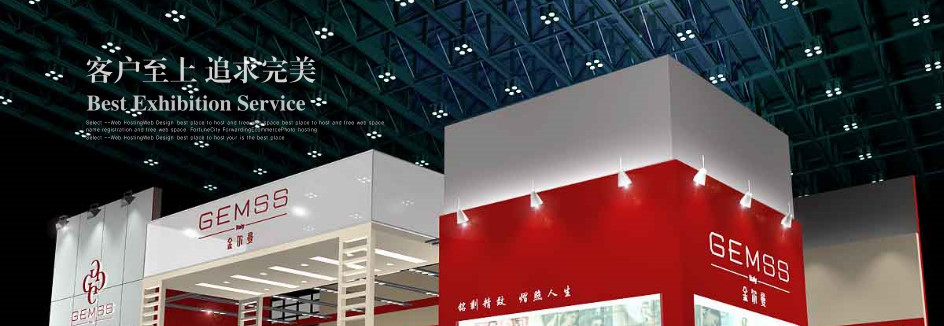As dignitaries lined up to launch the first in-person, post-COVID tech trade show, I noticed one thing about this supposedly global event: everyone on stage was listed as coming from China.
Mobile World Congress Shanghai has always been a China-centric show, even though the GSMA, the trade organization that runs it, has tried to widen the appeal. China's a huge market, with its own peculiar rules, and English is less of a lingua franca than it is in other countries.
But the all-Chinese, in-person array—with a mix of Chinese and other presenters appearing on a big screen from remote locations—just underscored how different China is from most of the rest of the world in the COVID crisis. That was brought home again by the one US wireless carrier presenter, Rima Qureshi from Verizon. While the Chinese tech leaders before her gave supposedly inspiring, actually confusing jargon-laden babble about future digital transformation, she thoroughly grounded her talk in how we changed to a work-from-home life last March. The implied message: China is through this thing; we're still in it.
A Plea for Cooperation
A threat beyond COVID loomed over the beginning of this show. While GSMA Director General Mats Granryd danced around the details, he was clearly worried that the US-China trade war would result in standards fragmentation. We've had this before. China, the US/Korea, and Europe all basically had their own 3G systems, at least in part, but the LTE and Android eras brought the world together.
"We must resist the threat of a technological divide, a split ecosystem," Granryd warned, stuck speaking over a video link through impassable international borders. "We, as leaders in the 21st century, should take the road for inclusion, for harmonization, for openness, for recovery and growth."
Who's the villain here? Granryd got vague. He warned of "bad actors with bad intentions" and "digital bullies" who are "anti-science and anti-truth," but didn't name any. At one point he alluded to "the internet giants," but not in the same breath as the "digital bullies." With no names, though, it's not clear who he's trying to fight.
One thing was clear, though: mobile technology lifts people up. One year of mobile broadband coverage reduced extreme poverty by 4%, and two years reduces it by 7%, he said. The slight disconnect there was explaining how people in "extreme poverty" pay for their mobile broadband coverage.
What We Don't Understand About Huawei
 The slides presented during the keynote were ... a bit of a trip.
The slides presented during the keynote were ... a bit of a trip.The Western media really don't understand Huawei, which became clear during rotating Chairman Ken Hu's keynote presentation at the beginning of the show.


 返回首页
返回首页 加入收藏
加入收藏 联系我们
联系我们


